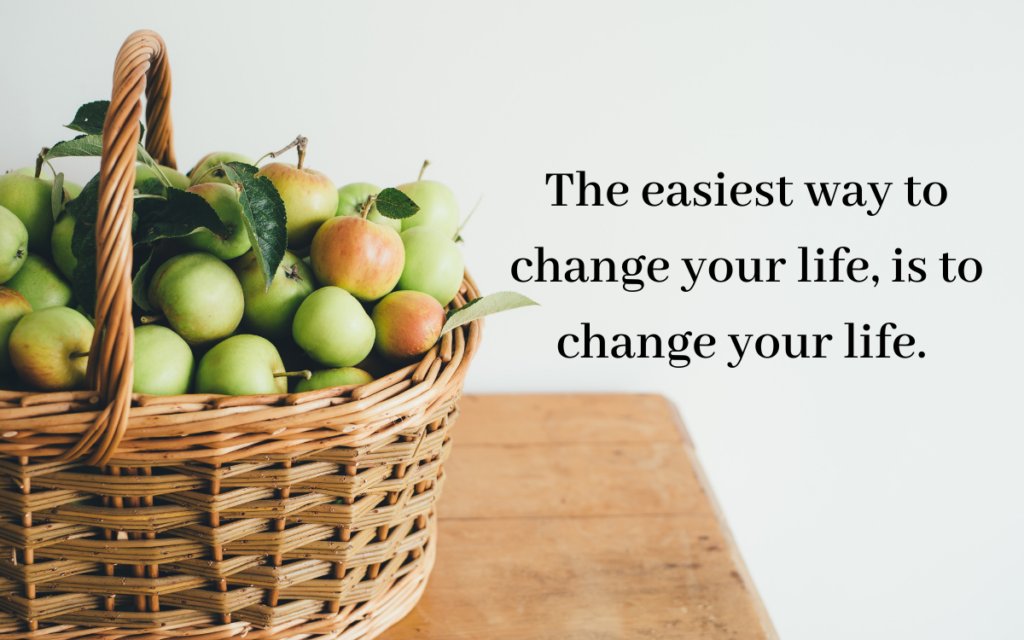In recent years, new year’s resolutions have become quite unpopular. It is not without reason, research shows that only about 19% of people stick to their new year resolutions. We abandon our resolutions by the end of the first quarter of the year, at best. Unfortunately, this unpopularity has also caused many people to throw out the baby and the bathwater – this year I saw so many Instagram posts stating that resolutions are useless, and that they don’t make a difference.
I am however a resolutions optimist, because the new year is one of the many temporal landmarks – days or moments that give us that fresh start, or fresh slate feeling, and the motivation to want to change our lives.
While there is nothing magical about the new year, you can use the fresh start feeling as a springboard from which you start to change certain things about your life.
A resolution is often stated as a goal, an end-point. I look at a resolution as the human-equivalent of a company vision. It is an aspiration, and not necessarily something you will achieve in 365 days. Some resolutions may be achievable in 365 day or less, but most take longer and several tries to get there.
Your resolutions may look like this:
“Be more disciplined about money”
“Make exercise a habit”
“Stop smoking”
“Quit drinking”
As you can see, they describe an outcome, or an aspiration. Which is ok. But they also set you up to feel like a failure if you take actions that are anti your resolutions. E.g if you resolved to stop smoking in 2022, but then one stressful Friday evening you smoke a cigarette, you will feel like you have failed. Then you will give up, right?
I want us to take a step further, and convert this vision into a format that does not set us up for failure.
Write down one action that will contribute to you reaching your end point. If your New Year resolution is to be more disciplined about money, decide just one thing you will do/stop doing, and write it down. Make this action as simple as possible. It also helps to make short-term rolling actions. For example, you can resolve to not order take out in January, then at the end of the month, you reflect on this, and take the next action etc.
Act. I once read an IG Q&A that made me so happy. The person was asked what one can do to change their lives. His response “just change your life”. I liked this, because often when we get the motivation change something in our lives, the next thing we do is to to read up as much as we can, on the thing we want to change. This is a form of resistance to action. It is easier to convince yourself that you do not have enough information and getting that information is contributing to the change you want to make. But because information is endless, you get stuck in the “forever learner” mode. Do not Google “How to..”. Do not even finish reading this post. You have enough information – you know what you want to change, and you have the one action to start with. Start doing something, then fill in the blanks as you go.
Unless you are super-human, you will fail. You will forget to act, be too demotivated for it, relapse, binge eat/spend, have a week of no exercise etc, depending on what your action is. Failing to act does not make you a failure, this happens to every human being, even those super disciplined people. Wake up the next day, and make another fresh start. It took me over a decade of resolutions and clean starts to make regular exercise a habit, but each clean start was easier than the last, then it stuck. Each fresh start gets you closer to the change you need, as long as you do not give up.
I love this article on how to use temporal landmarks to achieve your goals.
Have a fantastic 2022!
